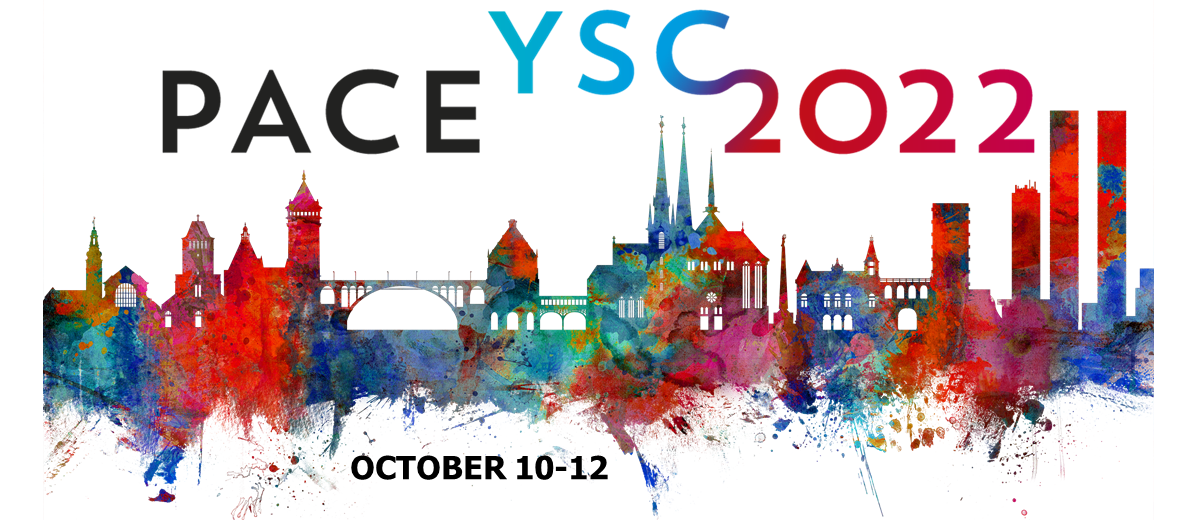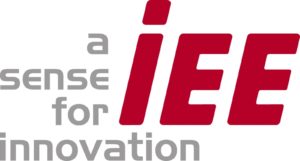PACE YOUNG SCIENTIST CONFERENCE 2022
October 10 – 12, Luxembourg
Abstract submission: closed
Registration: closed

PACE YOUNG SCIENTIST CONFERENCE 2022
October 10 – 12, Luxembourg
Abstract submission: closed
Registration: closed
The PACE Young Scientists Conference 2022 aims to provide researchers, especially early-stage researchers, an opportunity to share their recent research results and experiences in the fields of physics, chemistry, and material sciences. We are going to build a network and boost communication among junior and senior researchers.
This conference is organised by Ph.D. candidates from the University of Luxembourg (Uni.lu) and the Luxembourg Institute of Science and Technology (LIST). It is founded by the Photovoltaics: Advanced Concepts for high Efficiency (PACE) doctoral training unit, under the framework of the PRIDE program, the main funding scheme of the Luxembourg National Research Fund (FNR) for doctoral research.
For more information regarding the PACE doctoral training unit, please visit Webpage (link).
The conference contains four themes:
Thin films are used in a variety of applications. Examples of these applications can range from microelectronic components, to screen displays to solar cells or functional coatings. The performance of thin films depends on their material, thickness, surface roughness, and other properties that can be tuned through different fabrication procedures. The objective of this cluster is to share new concepts on the fabrication of thin films as well as the possibility to improve their functional properties. Concepts ranging from the laboratory scale to the industrial scale will be discussed in this cluster. Main topics covered:
-Solution deposition: Sol-gel, electrodeposition, inkjet printing…
-Physical vapor deposition: Pulsed laser deposition, sputtering, evaporation…
-Chemical vapor deposition: Atomic layer deposition, metalorganic chemical vapor deposition…
-Single crystal growth, epitaxial growth
The development of high performance materials also requires the development of advanced characterisation techniques that allows us to understand the chemical, structural, and other functional properties. In this cluster, advanced characterisation techniques of thin films will be discussed. Main topics covered:
-Chemical characterisation of thin films: Secondary ion mass spectrometry, x-ray photoelectron spectroscopy…
-Structural characterisation of thin films: Scanning electron microscopy, helium ion microscopy, Raman spectroscopy…
The optical and optoelectrical properties of a wide range of materials will be discussed. The objective of this cluster is to discuss new concepts of understanding optoelectronic properties in materials. Main topics covered:
–Materials for optoelectronics and photonics
–Photovoltaic materials
–Photoinduced effects
–Electro-optic properties and applications
–Optoelectronic and photonic devices
-Simulation of optoelectronic properties
-Optical transitions for defects
The efficiency of thin film solar cells increases rapidly in recent years due to new concepts or understanding of optoelectronic properties of materials. The objective of this cluster is to share new concepts, understanding, or advances in solar cells. Main topics covered:
-Thin-film semiconductor solar cells (CIGSe, CdTe, etc)
-Organic and hybrid solar cells (Perovskite, Dye-sensitised, etc)
-Tandem solar cells
-Concentrator photovoltaics
